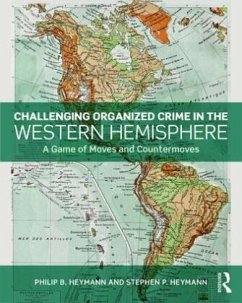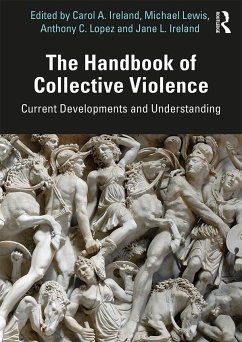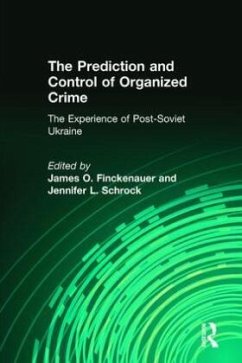
Organised Crime and the Challenge to Democracy

PAYBACK Punkte
25 °P sammeln!
This innovative book investigates the paradoxical situation whereby organized crime groups, authoritarian in nature and anti-democratic in practice, perform at their best in democratic countries. It uses examples from the United States, Japan, Russia, South America, France, Italy and the European Union.














